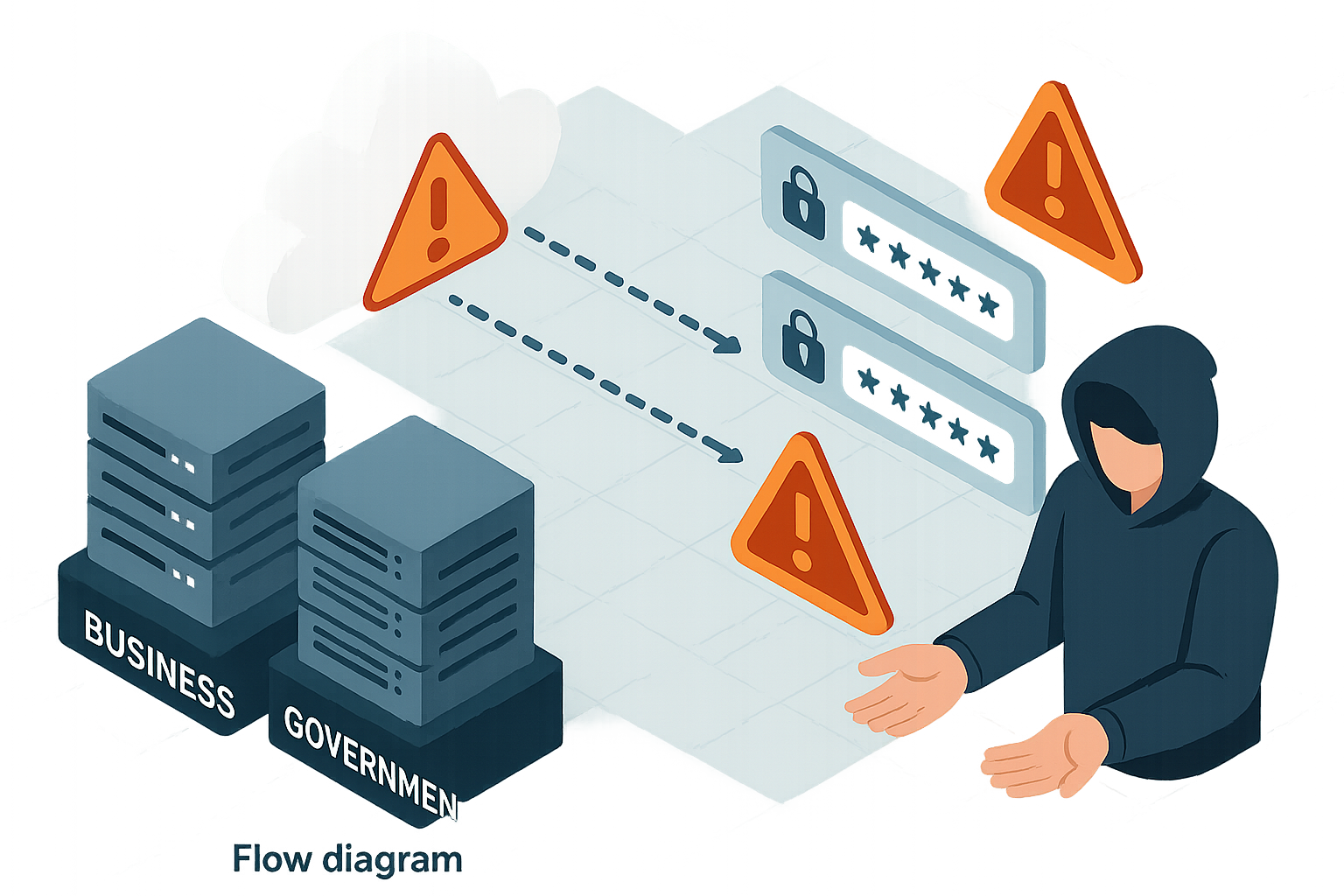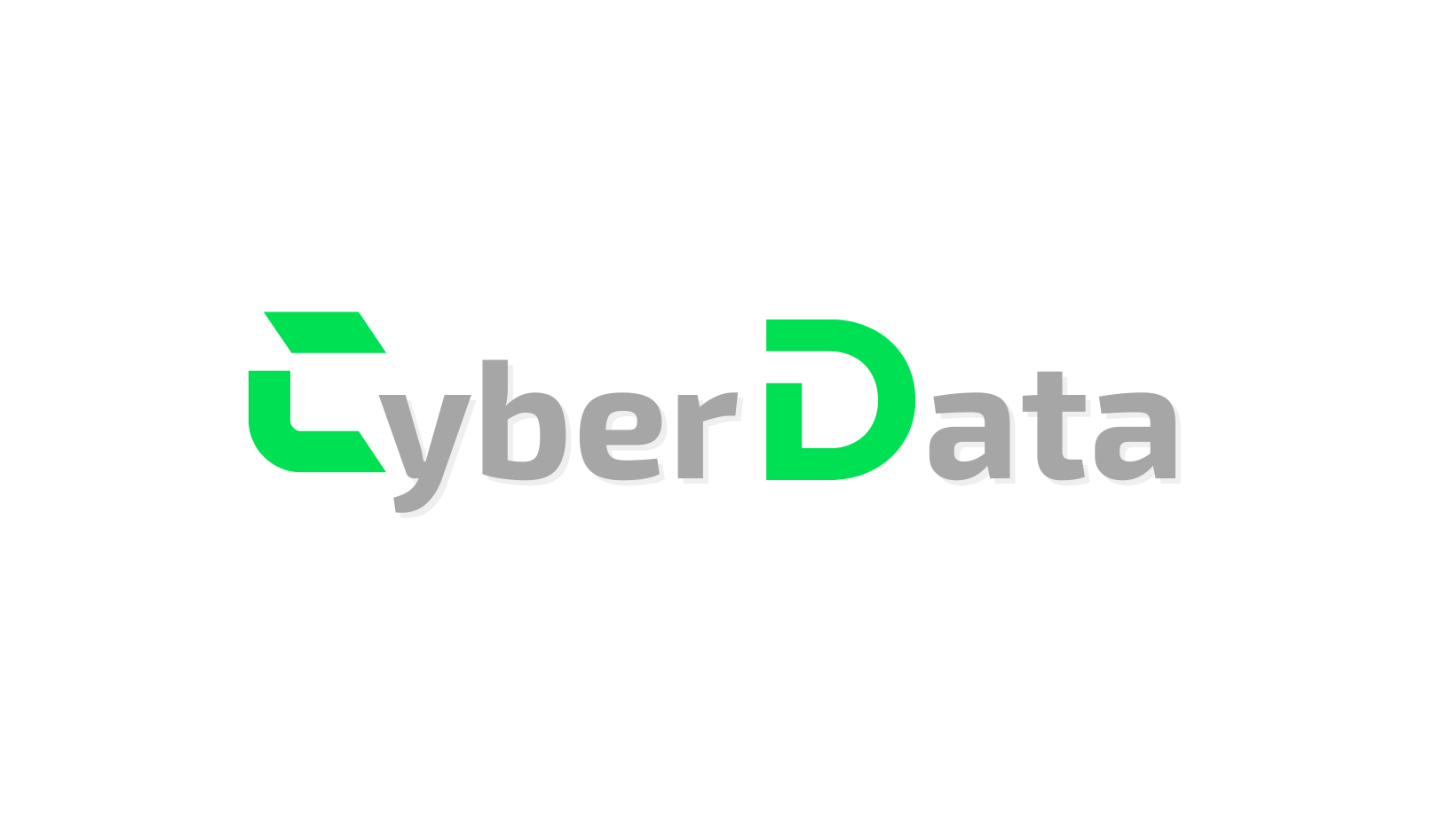184 Million Passwords Leaked: Why No One Is Safe
The Password Delusion Implodes
It’s 2025, and the idea that your trusty password—often picked during a caffeine-fueled study session—protects you from cybercrooks finally met its reckoning. A staggering cache of 184 million credentials has burst onto the public internet, exposing users from Apple devotees to state employees and crypto traders alike.
If you’re banking on “Fluffy123” to save you from disaster, it’s time for a reality check. This isn’t just another breach; it’s the digital equivalent of leaving your front door open, a fresh start for cybercriminals, and a cautionary tale for anyone still living in password denial.

The Anatomy of a Mega Breach
Security researcher Jeremiah Fowler uncovered a wide-open Elastic database brimming with more than 184 million plain-text credentials. No encryption, no password-hashing—just pure, uncut digital loot ready for the taking. The victims’ roster sounds like a Silicon Valley who’s-who: Apple, Google, Microsoft, Facebook, banks, government agencies, and, devastatingly, ordinary folks who did nothing but trust the wrong company with their logins.
For the dramatic details on how this password spill unfolded and the gravity of the threat, read Wired’s coverage of the exposed Elastic database and fallout for millions of users.
Why This Breach Breaks the Mold
Cascade Effects and Crypto Panic
The breach isn’t just about hijacked email accounts: it’s an all-access pass to every platform you love (or loathe). Bad actors are already exploiting the data for account takeovers, identity theft, and—most alarmingly—unauthorized trades and withdrawals in crypto markets. Trading volumes are spiking as users scramble. If you needed a demonstration of how a few exposed usernames can rattle global finance, this is it.
Cloud Security: The Ironic Plot Twist
According to IBM, an eyebrow-raising 82% of recent breaches trace back to data exposed in the cloud. In racing to cut costs and shift responsibility onto platforms like AWS and Google Cloud, organizations forgot one crucial detail: the same clouds often spring the leakiest leaks. The pain point isn’t just lost passwords—it’s the illusion of managed risk, shattered in real time.
Cash, Courts, and Consequences
Today’s data breach doesn’t end with frazzled nerves; it often ends in court. Take FloridaCentral Credit Union, now facing lawsuits and pledging up to $5,000 per affected customer—just one of many paragons in the new compensation sweepstakes. Check out The Mirror US for how credit unions and firms are hastily compensating breach victims. Incident by incident, legal settlements are setting standards for payouts, credit monitoring, and insurance. For some, it’s a minor windfall in the worst possible context.
Cyber Insecurity Without Borders
This breach isn’t provincial; it’s global, with accounts linked to at least 29 countries—proving yet again that digital chaos happily ignores national boundaries. One weak link in a server farm can jeopardize identities from San Jose to Shenzhen, reminding us that in the interconnected world, today’s breach in Pittsburgh is tomorrow’s crisis in Paris.
The Ethics of Entrusted Data
The loss raises existential questions: Did anyone truly consent to their credentials being stored in a browser-friendly format? Who’s accountable when your data, thought secure, becomes the cybercriminal’s flavor-of-the-month? If the answers are uncomfortable, that’s because the modern digital contract has always hinged on blind trust—and some very shaky luck.
Living on the Edge: Can We Ever Learn?
Ultimately, this breach is both a punchline and a punch in the gut. Experts tout two-factor authentication and password hygiene, but let’s face it—many users still recycle the same code for everything from their banking to their smart fridge. If this headline doesn’t move you to update your credentials, perhaps the thrill of playing cybersecurity Russian roulette is more your style.
On a long enough digital timeline, the odds catch up with us all. Maybe it’s time to indoctrinate the next generation in cyberhygiene before ChatGPT bans “password123” by executive order. Until then, indulging in a little proactive security paranoia may be the sanest response left.
Provocative Question
If your online security depends on a password you’ve used since college, should you just skip changing it and hire a private investigator to track down your digital doppelgänger instead?



